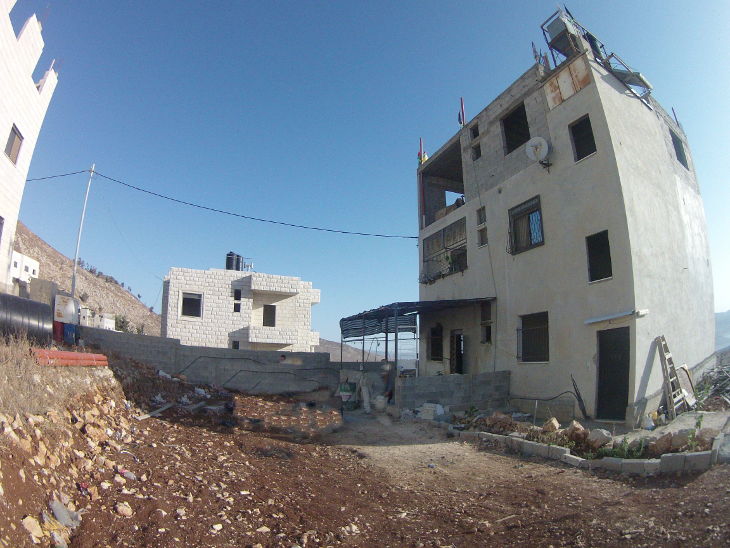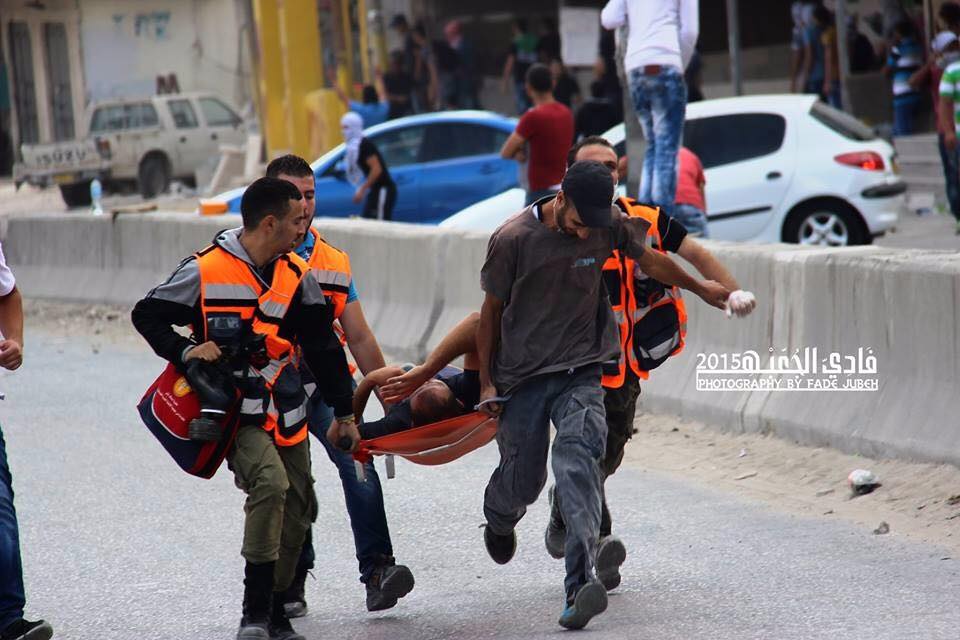Tag: Nablus
-
Home demolitions as collective punishment: another Israeli colonization strategy
19th October, 2015 |International Solidarity Movement, Nablus Team | Nablus, occupied Palestine On October 4, at 4:00 in the morning, 8 Palestinian men were arrested under extremely violent conditions by Israeli forces in the city of Nablus, North West Bank. The men have been accused of participating in the killing of two illegal Israeli settlers…
-
Palestinian and international civilians will resist revenge home demolitions on the second night in a row
17th October 2015 | International Solidarity Movement, Nablus team | Nablus area, occupied Palestine Palestinian civilians joined by International solidarity activists will gather tonight, Friday 17, October 2015, at the Nablus city homes of Yahya Hamad, Karam Al-masri and Sameer Al-kosa after Israeli forces threatened revenge demolitions. This action of resistance started on the 15th of…
-
PMRS to Israeli forces: Stop attacking our personel!
Repost of an appeal by Palestine Medical Relief Society: In light of the current climate of tensions in the West Bank and in East Jerusalem particularly which has led to deadly attacks on civilians and the unacceptable systematic use of lethal force by Israeli forces against Palestinians, the Palestinian Medical Relief Society (PMRS) calls for…



